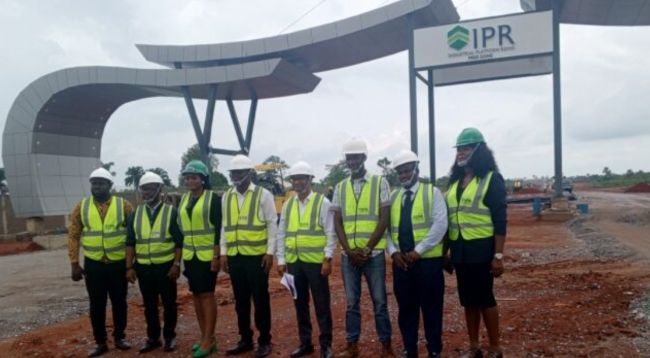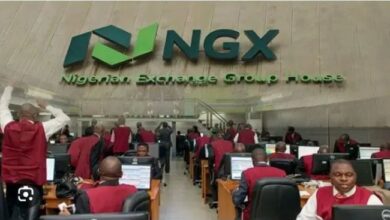Ogun’s Industrial future takes Shape as IPRFZ plans 40,000 Jobs in first phase

The Industrial Platform Remo Free Zone (IPRFZ) is set to become a major engine of industrial transformation in Nigeria, with 40,000 direct jobs projected in the first phase of its operations by 2026. The ambitious plan is part of a larger push by Africa’s fast-rising industrial powerhouse, ARISE Integrated Industrial Platforms (ARISE IIP), to position Ogun as Nigeria’s next big manufacturing and export hub.
Spanning 423 hectares in Sagamu, the IPRFZ is already under active development, with six anchor companies having secured plots and two poised to commence operations as early as June 2025. According to Prasad Sane, Chief Business Officer of IPRFZ, the facility is being built to world-class sustainable standards and is designed to promote local value addition, technology transfer, and export competitiveness.
Beyond Real Estate: IPRFZ as a Jobs and Trade Catalyst
At full scale, IPRFZ is designed to support over one million jobs across Africa, with Nigeria as a flagship node in this industrial web. The current development focus—Section 1A of Phase 1, covering 423 hectares—is already 38% completed, with the rest scheduled to be delivered by December 2026. Yet, job creation will begin much earlier.
“Our goal is to create 40,000 direct jobs by the end of 2025, ahead of full completion. We are not just developing infrastructure; we are building ecosystems where companies can thrive and talent can grow,” Sane said during a media briefing in Abeokuta.
The zone promises significant incentives for manufacturers and investors: waivers on expatriate quotas, duty-free access to capital equipment, free remittance of profits, and fast-track permits via a one-stop regulatory window.
PPP as a Model for Industrial Renaissance
The project is the fruit of a 45-year Public-Private Partnership (PPP) between the Ogun State Government and ARISE IIP, underpinned by a 2019 law that aims to attract global capital while offering investor-friendly governance.
Mr Dapo Oduwole, Director-General of Ogun’s Public-Private Partnership Agency, underscored the state’s commitment to enabling business growth through policy consistency and streamlined approvals.
“Ogun is not just open for business; we’re building the systems that give investors confidence — from infrastructure to governance,” Oduwole said. He highlighted the state’s ‘Open Invest’ platform, a digital investment portal providing data and regulatory guidance across all 20 local government areas.
What Makes IPRFZ Different?
Unlike traditional industrial parks, the IPRFZ is structured around a dual-zoning model: 333 hectares are dedicated as a free zone, ideal for export-oriented businesses, while 90 hectares serve as non-free zone areas, enabling domestic manufacturing and logistics. This hybrid model allows companies to operate seamlessly across Nigeria’s domestic and global markets.
Manoj Bargae, General Manager of Construction at IPRFZ, led journalists on a guided tour of the expansive site, showing visible signs of progress. Out of the 370 hectares allocated, 115 hectares have already been leased to six early-mover clients.
“We’re seeing serious momentum. These are not speculative leases — these companies are installing equipment and readying for production,” Bargae noted.
BRANDECONOMY Insight: A Strategic Bet on Ogun’s Industrial Leap
With its proximity to Lagos, a robust logistics network, and progressive regulatory environment, Ogun is rapidly emerging as the industrial crown jewel of southern Nigeria. Projects like IPRFZ represent more than just real estate—they are strategic assets for Nigeria’s shift from import dependence to industrial competitiveness.
ARISE IIP, the developer behind similar zones in Gabon, Togo, and Benin, brings a pan-African industrial vision that fuses infrastructure, investment promotion, and workforce development. Its Nigerian pivot signals growing investor confidence in the country’s industrial policy trajectory — and a belief that states like Ogun can deliver where others have faltered.











